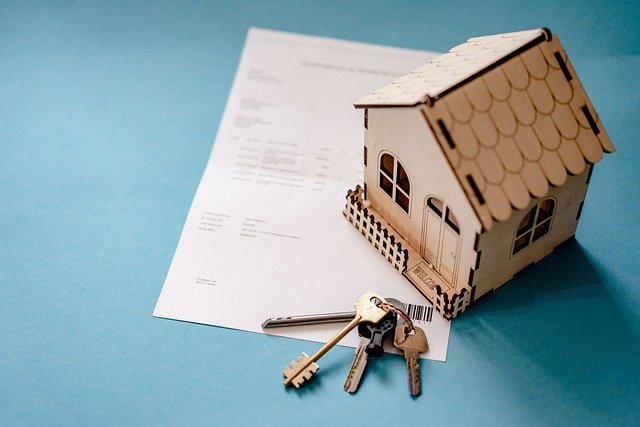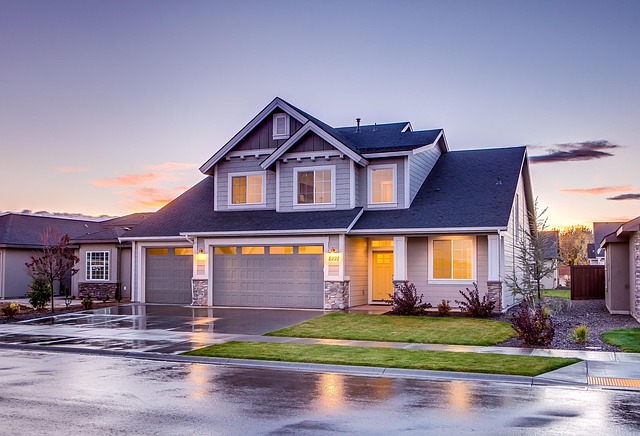Exploring the Opportunities of Bank-Owned Homes
Imagine stumbling upon a hidden gem in the real estate market—a property brimming with potential yet surprisingly affordable. These properties, also known as REO (Real Estate Owned) homes, become available for sale when homeowners default on their mortgages, culminating in banks repossessing the properties.

What exactly are bank-owned homes?
Bank-owned homes, also referred to as foreclosures or REO properties, are residences that have been repossessed by lenders due to the previous owner’s inability to meet mortgage obligations. When a homeowner defaults on their loan, the property goes through a foreclosure process. If it doesn’t sell at a foreclosure auction, the bank takes ownership. These properties are then listed for sale, often at prices below market value, as banks aim to recoup their losses quickly.
How can I find foreclosures in my local area?
Finding foreclosures in your area requires a bit of research and legwork, but several resources can help streamline your search:
-
Online real estate platforms: Websites like Zillow, Realtor.com, and Foreclosure.com often have dedicated sections for bank-owned properties.
-
Bank websites: Many financial institutions maintain listings of their REO properties.
-
Local real estate agents: Realtors specializing in foreclosures can provide valuable insights and access to off-market properties.
-
County records: Public records at your local courthouse may list upcoming foreclosure auctions.
-
Drive-by scouting: Look for properties with signs indicating “Bank Owned” or “Foreclosure.”
What are the potential benefits of purchasing a bank-owned home?
Investing in a bank-owned property can offer several advantages:
-
Lower purchase prices: Banks are often motivated to sell quickly, potentially leading to below-market prices.
-
Reduced competition: Some buyers shy away from foreclosures, potentially reducing bidding wars.
-
Clean title: Banks typically clear any liens or back taxes before selling, simplifying the purchase process.
-
Potential for appreciation: With strategic renovations, buyers may significantly increase the property’s value.
-
Opportunity for investors: REO properties can be excellent candidates for fix-and-flip or rental investments.
What risks should I be aware of when considering foreclosed homes?
While bank-owned homes can offer great value, they come with unique challenges:
-
Property condition: Foreclosed homes are often sold “as-is” and may require significant repairs or renovations.
-
Limited inspections: Banks may restrict access for thorough inspections before purchase.
-
Competitive market: Despite potentially lower prices, desirable foreclosures can attract multiple offers.
-
Delayed processes: Dealing with bank-owned properties may involve more bureaucracy and longer timelines.
-
Hidden costs: Buyers should budget for potential repairs, back taxes, or liens that may not be immediately apparent.
How does the purchase process differ for bank-owned properties?
Buying a bank-owned home differs from traditional real estate transactions in several ways:
-
Offers: Banks often have specific offer submission procedures and may prioritize cash offers.
-
Negotiations: There’s typically less room for negotiation on price, as banks aim to recover their losses.
-
Timelines: The process can be slower due to bank bureaucracy or faster if the bank is eager to sell.
-
Disclosures: Banks may have limited knowledge of the property’s history or condition.
-
Financing: Some lenders offer special programs for purchasing foreclosed homes, but others may be hesitant due to potential property issues.
Where can I find reliable listings for bank-owned homes across the US?
To assist potential buyers in their search for bank-owned properties, we’ve compiled a comparison of popular platforms for finding foreclosure listings:
| Platform | Coverage | Features | Cost |
|---|---|---|---|
| Zillow Foreclosures | Nationwide | Free listings, map view, filters | Free |
| RealtyTrac | Nationwide | Detailed property info, auction data | Subscription-based |
| Foreclosure.com | Nationwide | Daily updates, pre-foreclosures | Paid membership |
| HUD Home Store | Government-owned | Exclusive HUD property listings | Free to browse |
| Bank of America REO | Bank-specific | Direct from Bank of America | Free to browse |
Prices, rates, or cost estimates mentioned in this article are based on the latest available information but may change over time. Independent research is advised before making financial decisions.
In conclusion, bank-owned homes present a unique opportunity in the real estate market, offering potential savings and investment prospects for those willing to navigate the complexities of foreclosure purchases. By understanding the process, conducting thorough research, and working with experienced professionals, buyers can make informed decisions about whether a bank-owned property aligns with their real estate goals. Whether you’re a first-time homebuyer looking for an affordable entry into homeownership or an investor seeking to expand your portfolio, exploring the world of foreclosures could unlock valuable opportunities in today’s dynamic housing market.




